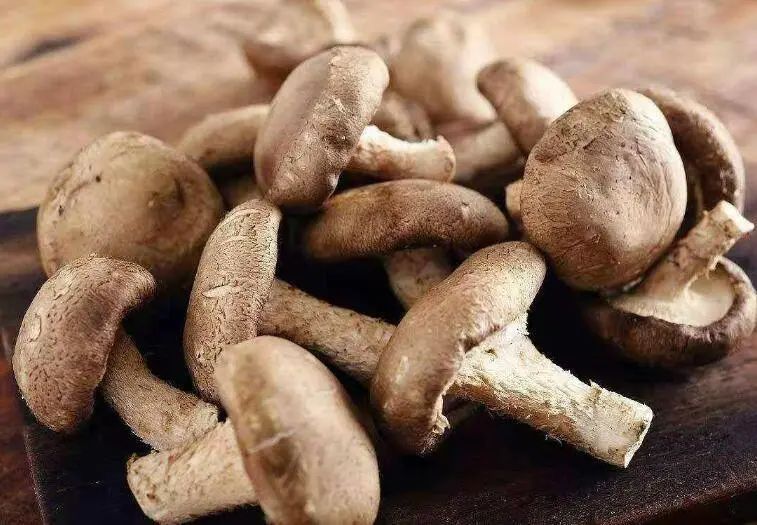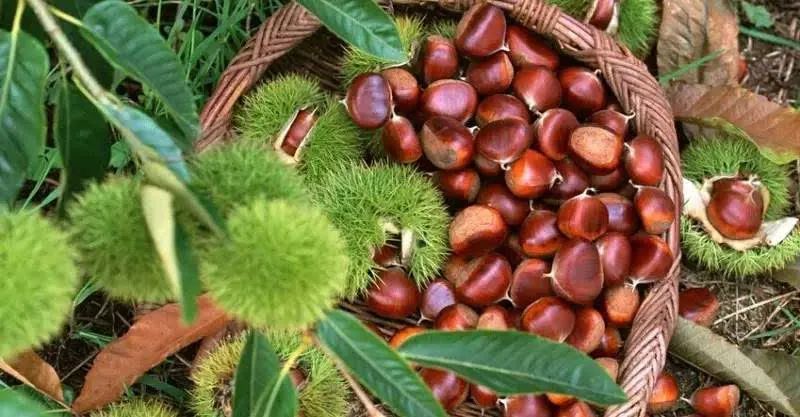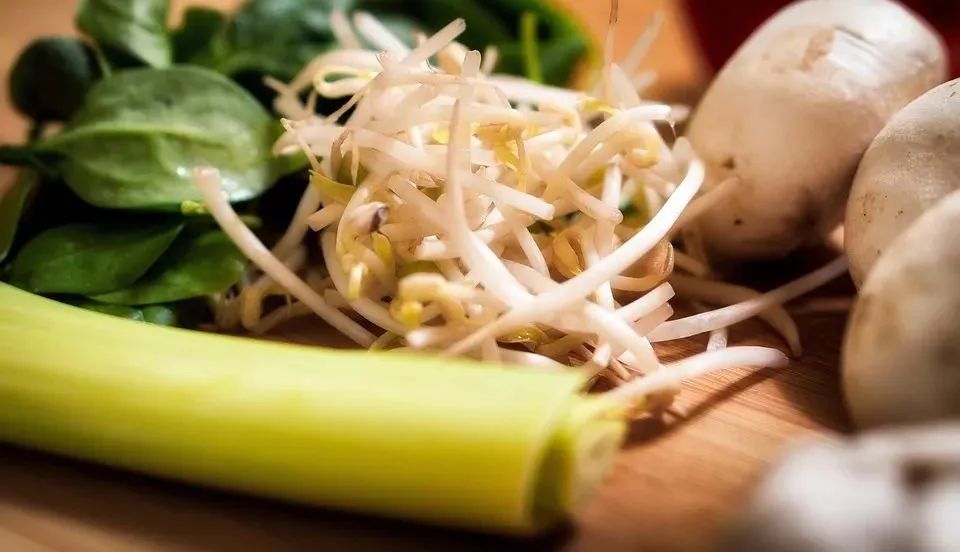The Qi deficiency constitution refers to a state where the body’s Qi is insufficient, closely resembling the Yang deficiency constitution, and is classified as a deficient constitution.Individuals with a Qi deficiency constitution generally exhibit weakened lung and spleen functions compared to the other organs.The Yang deficiency constitution is characterized by insufficient warmth, deficient Yang Qi, lack of warmth, and a tendency to feel cold.While those with a Qi deficiency constitution may also show tendencies of Yang deficiency, the primary reflection is in the diminished function of the internal organs.
Qi deficiency is quite common in clinical practice. The basic physiological functions and weakness symptoms arising from Qi deficiency are collectively referred to as the Qi deficiency constitution.Qi deficiency indicates the essence of Qi deficiency, where each organ’s Qi deficiency can lead to corresponding pathological changes. Symptoms may include fatigue, shortness of breath, panic, laziness, palpitations, insomnia, as well as sluggish responses, dizziness, sweating, susceptibility to colds, low immunity, lack of energy, and fatigue after activity. Even climbing stairs above the third floor can feel exhausting. Qi deficiency can also reduce menstrual flow.Daily manifestations of Qi deficiency include:1. Soft muscles, sagging buttocks, and a soft abdomen. After pregnancy, the abdomen can become particularly loose. The spleen governs the muscles and limbs; if the spleen Qi is deficient, the muscles in the limbs will be soft and weak.2. Dizziness and forgetfulness.3. Excessive sweating, spontaneous sweating, and profuse sweating during exercise.4. Prone to colds with changes in seasons.5. Irregular menstruation or amenorrhea.6. Poor appetite, indigestion, frequent abdominal bloating, and constipation.7. Pale or sallow complexion.8. Dull hair.9. Weak spleen and stomach; eating a lot and digesting quickly indicates a strong stomach; post-meal bloating and easy fatigue suggest spleen deficiency and poor transformation.Qi deficiency constitution requires special care in the autumn.Individuals with a Qi deficiency constitution often struggle during the hot summer days, especially after the onset of autumn, a period often referred to as the “autumn tiger.”During summer, the body tends to be fatigued and weak due to the heat, making Qi deficiency particularly pronounced.“Strengthening fire to nourish Qi” means that the body’s overly exuberant Yang Qi, along with excessively spicy and hot foods, and the scorching summer heat, can lead to consumption and depletion of normal Qi and organ functions.During the day, one can drink some sour plum soup, carrot and bamboo juice, or American ginseng tea to dispel summer heat and dryness; at night, it is especially important to avoid cold winds.“Winter supplementation begins in autumn” means that one should not indulge in rich foods and supplements just because appetite improves slightly at the start of autumn. Why? Because the spleen and stomach are vulnerable to being overpowered by the liver and are also susceptible to dampness. In summer, “summer heat is prevalent,” and heat often brings dampness, leading to high humidity in the air, which can hinder the spleen. Therefore, during summer, the spleen and stomach may not digest well, and frequent consumption of cold or unclean foods can lead to diarrhea, exacerbating the deficiency. 1. Shan Yao (Chinese Yam) benefits kidney QiKnown as the “food of immortals.”According to the “Compendium of Materia Medica”: “Shan Yao benefits kidney Qi, strengthens the spleen and stomach, stops diarrhea, transforms phlegm, and moistens the skin.”Shan Yao can nourish the lungs, spleen, and kidneys, making it suitable for various constitutions. It is neither hot nor dry, with a balanced flavor, and does not cause bloating or constipation after consumption.2. Eel nourishes blood and warms YangEel is warm in nature and has functions of tonifying Qi and blood, warming Yang, strengthening the spleen, nourishing the liver and kidneys, and dispelling wind and unblocking channels.Research shows that eel is rich in DHA and lecithin, which can enhance brain function, improve vision, regulate blood sugar, and lower lipids, particularly beneficial for those who are weak, recovering from illness, or postpartum, and it has good effects on stroke and facial paralysis.
1. Shan Yao (Chinese Yam) benefits kidney QiKnown as the “food of immortals.”According to the “Compendium of Materia Medica”: “Shan Yao benefits kidney Qi, strengthens the spleen and stomach, stops diarrhea, transforms phlegm, and moistens the skin.”Shan Yao can nourish the lungs, spleen, and kidneys, making it suitable for various constitutions. It is neither hot nor dry, with a balanced flavor, and does not cause bloating or constipation after consumption.2. Eel nourishes blood and warms YangEel is warm in nature and has functions of tonifying Qi and blood, warming Yang, strengthening the spleen, nourishing the liver and kidneys, and dispelling wind and unblocking channels.Research shows that eel is rich in DHA and lecithin, which can enhance brain function, improve vision, regulate blood sugar, and lower lipids, particularly beneficial for those who are weak, recovering from illness, or postpartum, and it has good effects on stroke and facial paralysis. 3. Xiang Gu (Shiitake Mushroom) tonifies Qi and bloodXiang Gu is one of the “four great mountain treasures” and is known as the “queen of plants” and “vegetable meat.”It has a regulating effect for those with Qi and blood deficiency and frequent fatigue. The “Compendium of Materia Medica” states: “Mushrooms can benefit the stomach and intestines, transform phlegm, and regulate Qi.”4. Jiu Cai (Leek) tonifies middle QiRaw leeks are pungent and can invigorate blood; cooked leeks are sweet and can tonify middle Qi, benefit the liver, and disperse stagnation.Regular consumption of cooked leeks can nourish the liver and kidneys, strengthen the lower back and knees, and support Yang Qi, hence leeks are also known as “yang-raising grass.” When used to tonify Qi and Yang, leeks should be cooked with the roots included.How to regulate Qi deficiency constitution: Recommended 7 Qi-tonifying foods5. Tu Dou (Potato) tonifies stomach QiPotatoes are also known as “underground fruits.” They are particularly effective in tonifying stomach Qi and also have functions of benefiting Qi, detoxifying, moistening the intestines, aiding weight loss, promoting blood circulation, and enhancing beauty and anti-aging effects.Potatoes are rich in potassium, calcium, iron, magnesium, and other essential trace elements. The global popularity of potato-based foods is closely related to their rich nutritional value.6. Xiao Mi (Millet) tonifies spleen and stomachXiao Mi enters the spleen, stomach, and kidney meridians, having a strengthening effect on the spleen and stomach, particularly suitable for those with spleen and stomach deficiency, often used as a nourishing food for postpartum women. Studies show that the vitamin B1 and inorganic salt content in millet is significantly higher than that in rice.After cooking millet porridge, if left to sit for a while, a film will form on the surface, known as “porridge oil,” which protects the gastric mucosa and helps prevent and treat gastric and duodenal ulcers.
3. Xiang Gu (Shiitake Mushroom) tonifies Qi and bloodXiang Gu is one of the “four great mountain treasures” and is known as the “queen of plants” and “vegetable meat.”It has a regulating effect for those with Qi and blood deficiency and frequent fatigue. The “Compendium of Materia Medica” states: “Mushrooms can benefit the stomach and intestines, transform phlegm, and regulate Qi.”4. Jiu Cai (Leek) tonifies middle QiRaw leeks are pungent and can invigorate blood; cooked leeks are sweet and can tonify middle Qi, benefit the liver, and disperse stagnation.Regular consumption of cooked leeks can nourish the liver and kidneys, strengthen the lower back and knees, and support Yang Qi, hence leeks are also known as “yang-raising grass.” When used to tonify Qi and Yang, leeks should be cooked with the roots included.How to regulate Qi deficiency constitution: Recommended 7 Qi-tonifying foods5. Tu Dou (Potato) tonifies stomach QiPotatoes are also known as “underground fruits.” They are particularly effective in tonifying stomach Qi and also have functions of benefiting Qi, detoxifying, moistening the intestines, aiding weight loss, promoting blood circulation, and enhancing beauty and anti-aging effects.Potatoes are rich in potassium, calcium, iron, magnesium, and other essential trace elements. The global popularity of potato-based foods is closely related to their rich nutritional value.6. Xiao Mi (Millet) tonifies spleen and stomachXiao Mi enters the spleen, stomach, and kidney meridians, having a strengthening effect on the spleen and stomach, particularly suitable for those with spleen and stomach deficiency, often used as a nourishing food for postpartum women. Studies show that the vitamin B1 and inorganic salt content in millet is significantly higher than that in rice.After cooking millet porridge, if left to sit for a while, a film will form on the surface, known as “porridge oil,” which protects the gastric mucosa and helps prevent and treat gastric and duodenal ulcers. 7. Bai Li (Chestnut) benefits Qi and strengthens tendonsBai Li is sweet and warm in nature, with functions of strengthening the spleen, benefiting Qi, nourishing the kidneys, strengthening tendons, and anti-aging.The polyunsaturated fatty acids, vitamins, minerals, and dietary fiber in chestnuts can lower the risk of hypertension, stroke, and coronary heart disease. Chestnuts are high in calcium, making them an excellent calcium supplement, beneficial for preventing and treating osteoporosis. Additionally, chestnuts are effective for alleviating lower back and knee pain caused by muscle strain and lumbar disease.
7. Bai Li (Chestnut) benefits Qi and strengthens tendonsBai Li is sweet and warm in nature, with functions of strengthening the spleen, benefiting Qi, nourishing the kidneys, strengthening tendons, and anti-aging.The polyunsaturated fatty acids, vitamins, minerals, and dietary fiber in chestnuts can lower the risk of hypertension, stroke, and coronary heart disease. Chestnuts are high in calcium, making them an excellent calcium supplement, beneficial for preventing and treating osteoporosis. Additionally, chestnuts are effective for alleviating lower back and knee pain caused by muscle strain and lumbar disease.

Foods to avoid for Qi deficiency
Individuals with a Qi deficiency constitution should avoid or limit the following foods:
Hawthorn, Buddha’s hand, betel nut, garlic, turnip greens, radish leaves, coriander (cilantro), rutabaga, pepper, cardamom, middle finger, perilla leaves, mint, lotus leaves.
Individuals with a Qi deficiency constitution should avoid or limit the following foods:
Buckwheat, pomelo, tangerine, kumquat, kumquat cake, orange, water chestnut, raw radish, earthworm, mustard greens, garlic chives, jundacai, sand ginger, chrysanthemum, tea leaves, and alcohol.
 Follow “Little Bian Que” to learn more about TCM knowledge
Follow “Little Bian Que” to learn more about TCM knowledge

